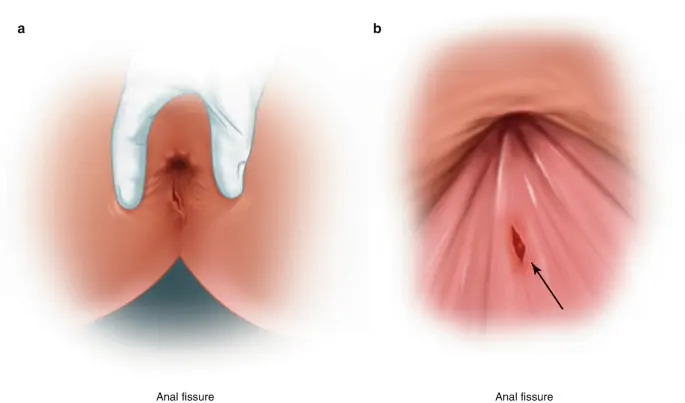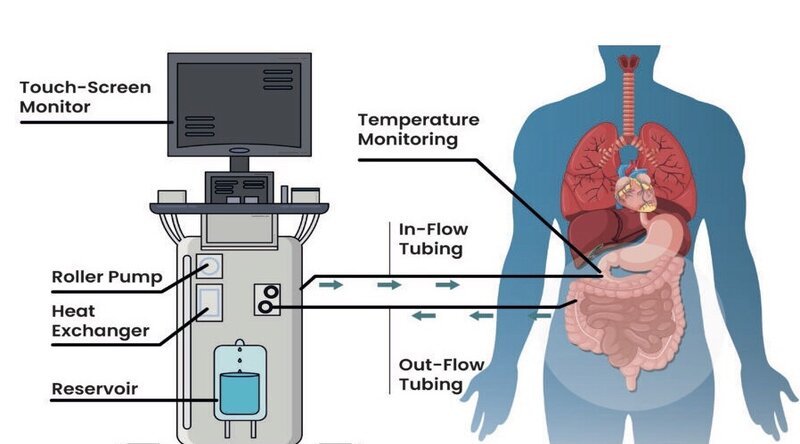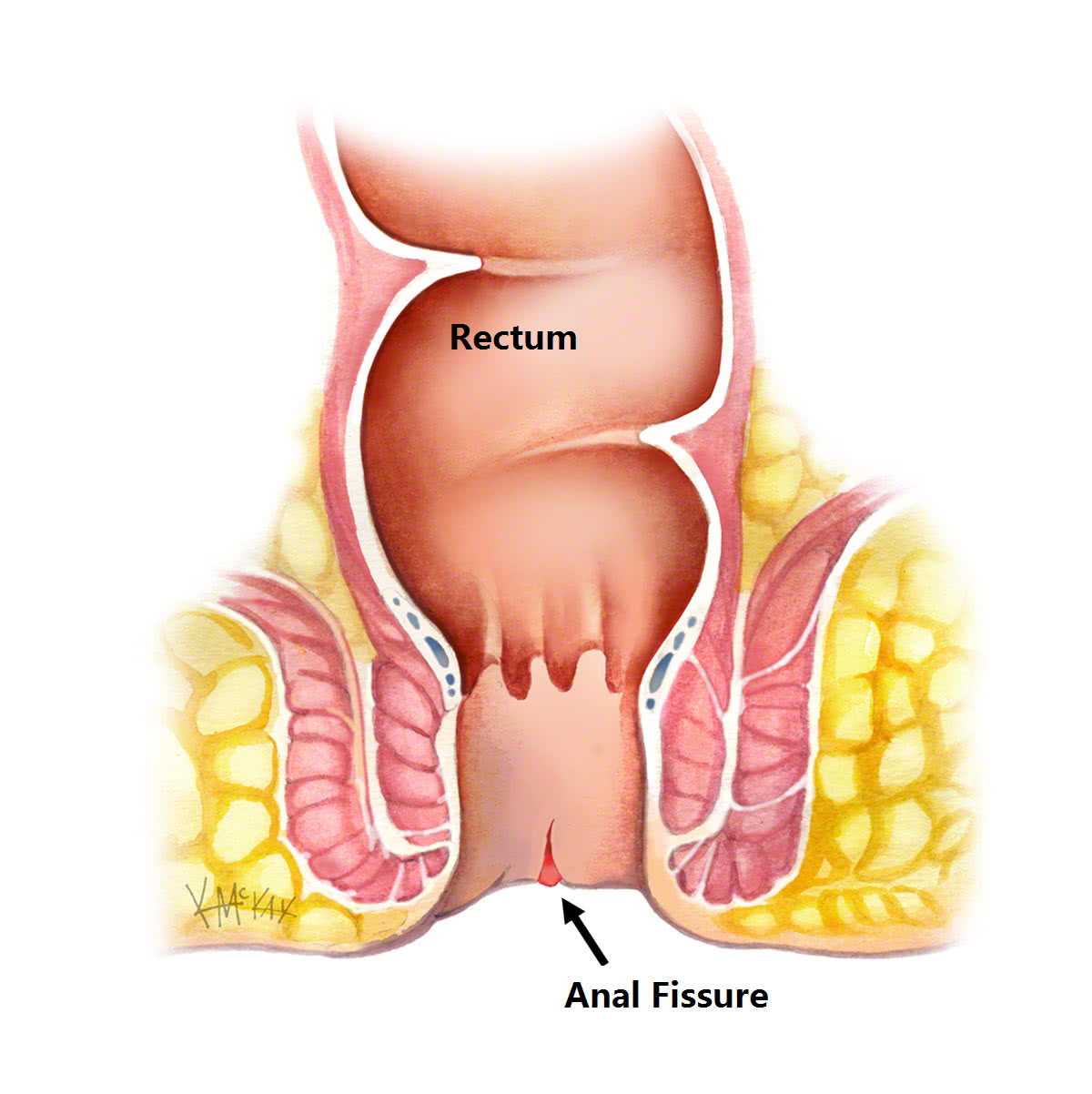Yes, obesity can be a contributing factor to the development of rectal prolapse. Obesity may increase the risk of rectal prolapse through several mechanisms:
- Increased Pressure on Pelvic Floor Muscles: Excess weight, especially in the abdominal area, can lead to increased pressure on the pelvic floor muscles. This constant pressure can weaken the muscles over time, making them more susceptible to conditions like rectal prolapse.
- Strain During Bowel Movements: Obesity is often associated with conditions such as constipation, which can lead to straining during bowel movements. Straining can contribute to the weakening of pelvic floor muscles and increase the risk of rectal prolapse.
- Impact on Connective Tissues: Obesity is known to affect connective tissues in the body. Weakening of the connective tissues in the pelvic region may compromise the support structures that help maintain the rectum in its proper position.
- Increased Intra-Abdominal Pressure: Obesity can lead to increased intra-abdominal pressure, which can, in turn, affect the pelvic floor and contribute to conditions like rectal prolapse.
It’s important to note that while obesity can be a risk factor, rectal prolapse is a multifactorial condition influenced by various factors such as age, gender, pelvic floor health, and underlying medical conditions.
Weight management and adopting a healthy lifestyle, including regular exercise and a balanced diet, may be part of preventive measures to reduce the risk of rectal prolapse. Individuals with concerns or symptoms suggestive of rectal prolapse should consult with a healthcare professional for a thorough evaluation and appropriate guidance.
Are digestive concerns impacting your well-being? Trust the expertise of Dr. Chintamani, your dedicated Gastrointestinal Surgeon in Mumbai, for comprehensive and compassionate care.




